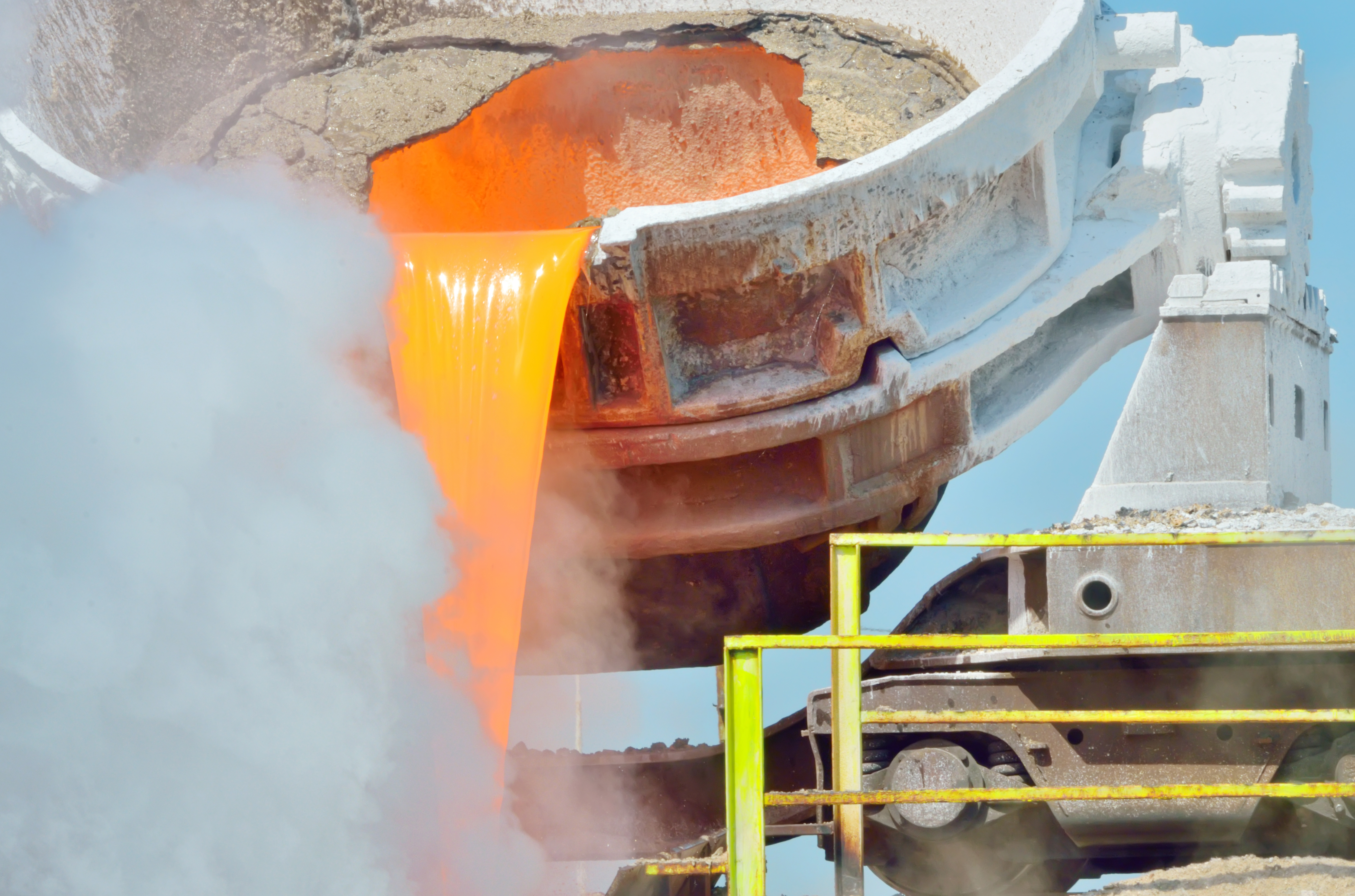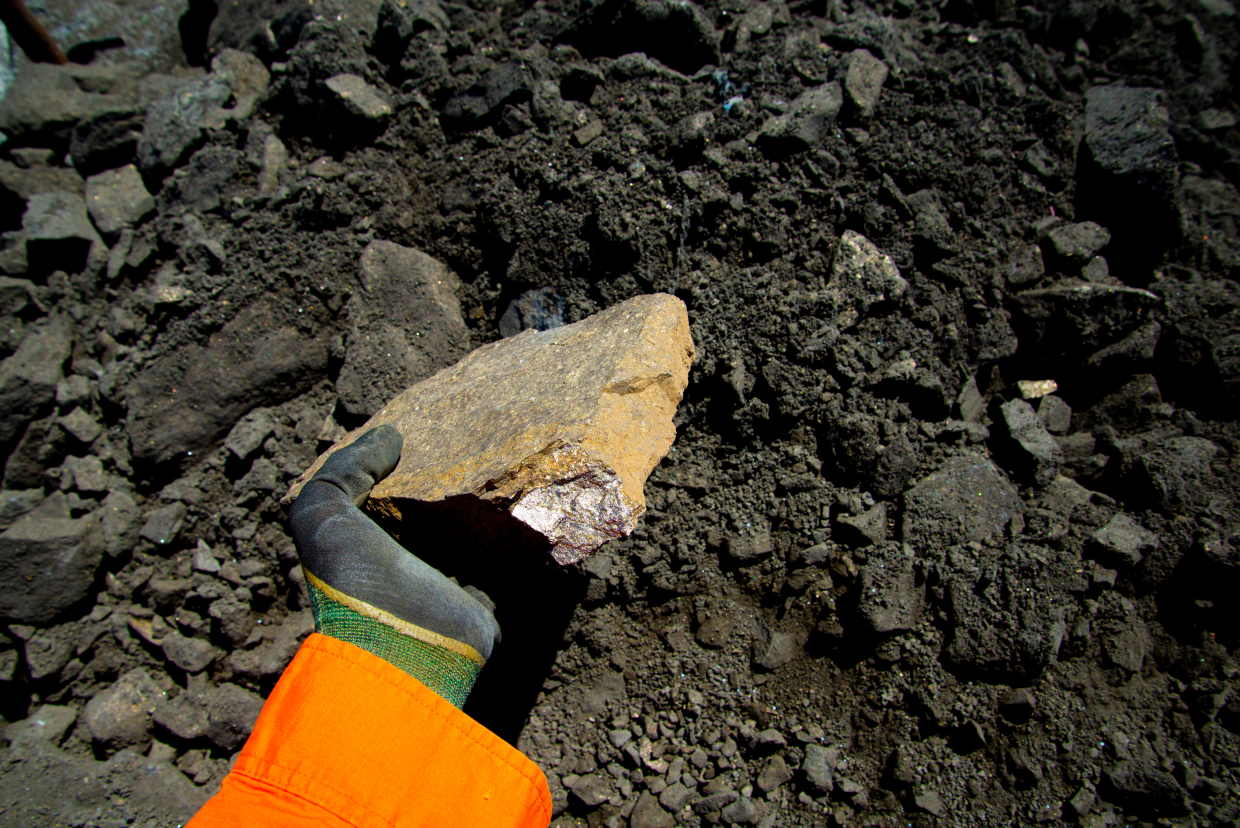Australia's SUVO Strategic Minerals Develops Low-Carbon Cement from Nickel Slag

Suvo Strategic Minerals (ASX:SUV) is Australia’s only hydrous kaolin producer who wholly owned the Pittong operation in Victoria, Australia. Suvo has now also produced a potentially useful pozzolan, a high-strength, low-carbon cement from nickel slag during recently completed laboratory trials at the Makassar State University (UNM) in Indonesia.
When finely ground, nickel slag can react with calcium hydroxide (CH₃OH) in the presence of water, forming compounds that contribute to the strength and durability of concrete. This reaction is similar to other pozzolans, which rely on their ability to bind with free lime (calcium hydroxide) and produce additional calcium silicate hydrate (C-S-H) gel, the primary strength-giving phase in cementitious materials.
The company is aiming to reduce the carbon footprint of cement production — which is currently the world’s single largest industrial emitter of greenhouse gasses.
According to the Cement Industry Federation, the total emissions from the integrated production of clinker and cement were 4.7 million tonnes of carbon dioxide in 2020-21.
Suvo’s trials, which were completed by Professor Subaer Junaedi using nickel slag, comprised three samples which returned an average strength test of 29.9 megapascals (MPa) after seven days, with the highest strength reaching 37.5MPa. This is a significant discovery when considering that Normal Class concrete is defined as products ranging from 20 to 50 MPa compressive strength at 28 days
Nickel slag is a co-product of nickel production that is solidified under ambient atmospheric conditions. It is commonly stockpiled or sent to landfill.

Suvo says nickel slag as a by-product has a zero-carbon footprint because the carbon has been accounted for and attributed to the nickel producer.
Executive Chairman Aaron Banks says if the cement industry were a country, it would only be behind China and the US in CO2 emissions.
“The world use of cement is equivalent to building New York City every 40 days,” he says.
“We are excited to have commenced this workstream in Indonesia testing the by-product of one of the country’s largest miners, with our ultimate goal being to manufacture an environmentally friendly and low carbon alternative to Portland cement.
“Achieving up to 37.5Mpa after only seven days is an outstanding first round trial result for the company and could provide an entry into a large industry.”
Banks adds that the opportunity to play a part in reducing emissions in the cement industry is comparable to the role of Electric vehicles (EVs) in replacing internal combustion engines in the global passenger car fleet.
The nickel slag used by UNM was provided by PT Huadi Nickel-Alloy Indonesia, which is a nickel pig iron operation. Suvo says it is considered one of Indonesia’s largest nickel producers and stockpiles significant quantities of nickel slag.
“We will now commence the next round of testing with UNM and will provide the results of both trials to PT Huadi which will allow us to advance negotiations with respect to a potential partnership and or the ongoing offtake of the nickel slag and commercialisation of a low carbon cement by the company,” he says.
